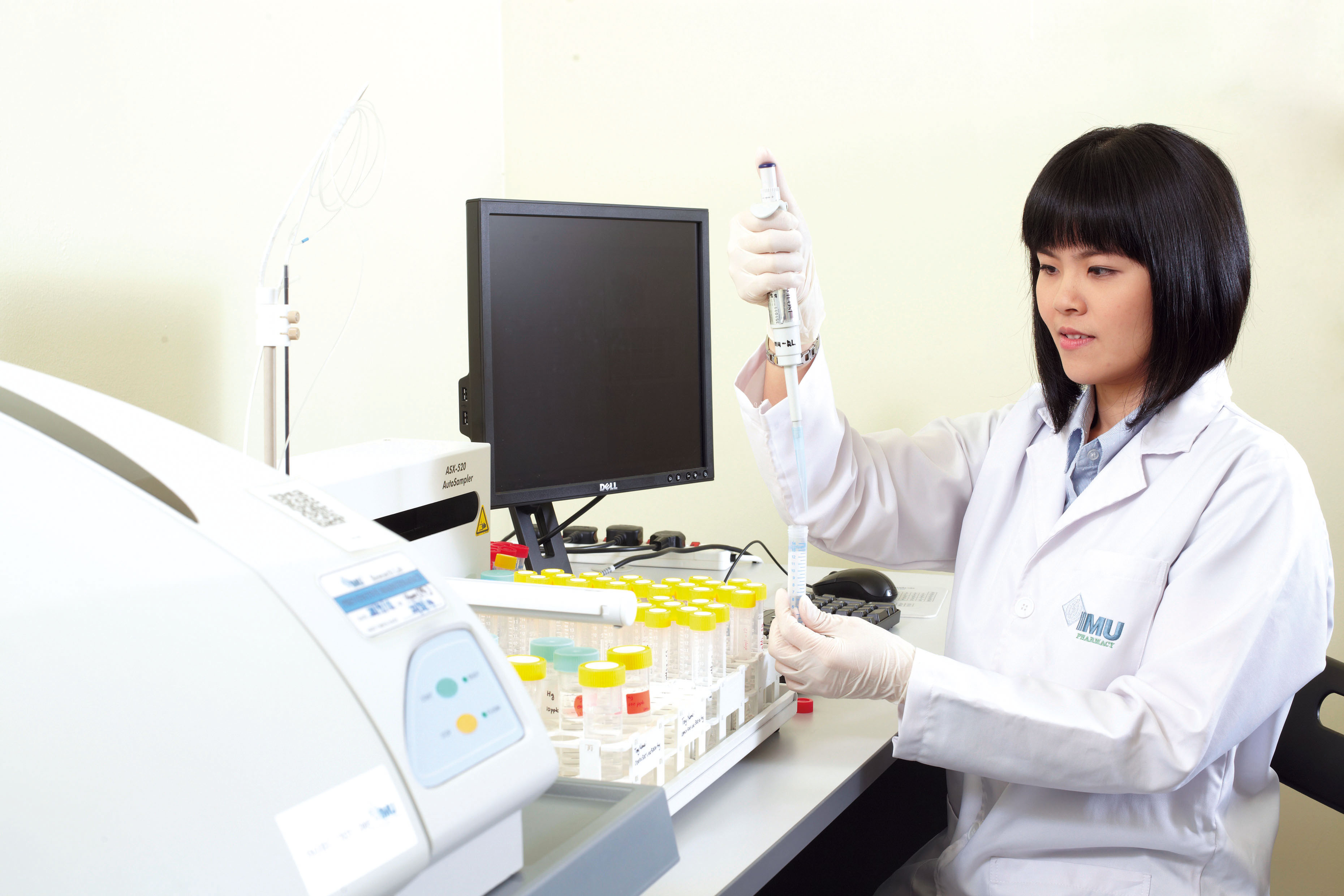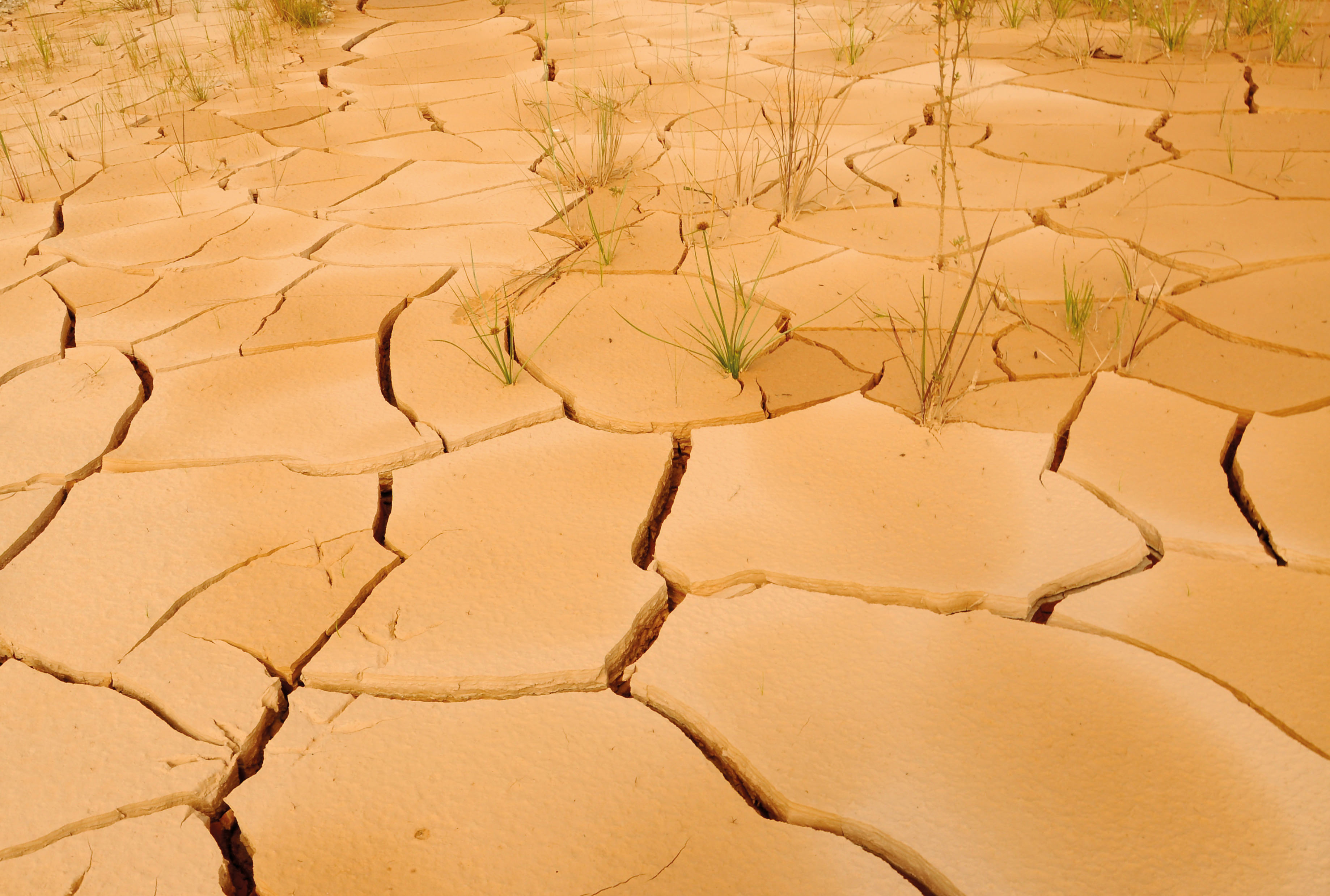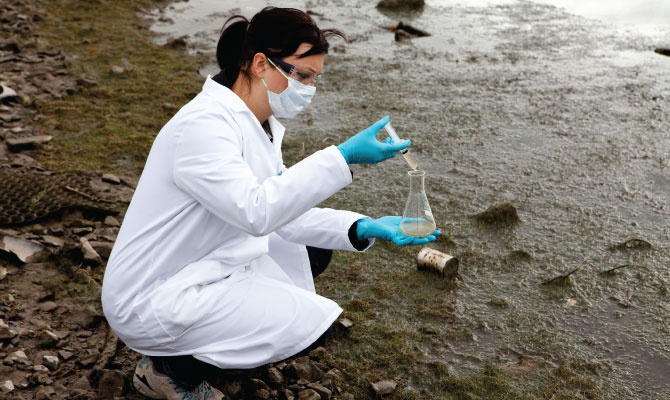Do you want to have an advanced qualification that represents the next step on your professional ladder? Do you want an opportunity to advance or change your career? Do you want to increase your knowledge in a specific field in healthcare? If this is what you want, come and pursue your postgraduate degree at the International Medical University (IMU), Malaysia’s first and most established private medical and healthcare university founded 23 years ago. Under its School of Postgraduate Studies, the Masters of Science (MSc) in Environmental Health is designed to have a flexible modular approach, whereby a student will be able to accumulate credits from completed modules. These modules will be designed to fit applicants from different basic degree qualifications such as Medicine, Biomedical Science, Nursing, Pharmaceutical Science and Environmental and Occupational Health Sciences.  This postgraduate degree has an innovative curriculum which would highlight the importance of various pollutants (outdoor and indoor air quality / water quality) on human health. It will introduce current methods for assessing health impacts and appropriate intervention strategies to regulate and improve environmental health. This would enable innovations in the management of environmental pollution. “This programme aims to produce specialists with strong foundation in the broad field of environmental health. They will be adequately trained to improve the health of the general population through appropriate planning, implementation, evaluation and prevention of environmental issues to mitigate diseases of public health importance”, said Prof Stephen Periathamby Ambu, Associate Dean of the School of Postgraduate Studies.
This postgraduate degree has an innovative curriculum which would highlight the importance of various pollutants (outdoor and indoor air quality / water quality) on human health. It will introduce current methods for assessing health impacts and appropriate intervention strategies to regulate and improve environmental health. This would enable innovations in the management of environmental pollution. “This programme aims to produce specialists with strong foundation in the broad field of environmental health. They will be adequately trained to improve the health of the general population through appropriate planning, implementation, evaluation and prevention of environmental issues to mitigate diseases of public health importance”, said Prof Stephen Periathamby Ambu, Associate Dean of the School of Postgraduate Studies.
The programme ensures that students develop capacity to audit environmental issues, address emergencies and carry out investigations, monitor and analyse environmental samples, formulate new policies and law, and conduct appropriate health education workshops. It also ensures that students develop proactive leadership qualities so as to foster smart collaborative partnerships with effective management and good governance strategies.
 Under this programme, the curriculum highlights the importance of various pollutants (outdoor and indoor air quality / water quality) that impact on human health. It introduces current methods for assessing health impacts and appropriate intervention strategies to regulate and improve environmental health. This would enable innovations in the management of environmental pollution. There is a selective option for students to study the NIOSH Programme on Occupation Health.
Under this programme, the curriculum highlights the importance of various pollutants (outdoor and indoor air quality / water quality) that impact on human health. It introduces current methods for assessing health impacts and appropriate intervention strategies to regulate and improve environmental health. This would enable innovations in the management of environmental pollution. There is a selective option for students to study the NIOSH Programme on Occupation Health.
Students will be taught and supervised by staff who are experts in their field with well-established reputations nationally and internationally. The academic community of IMU pursues and achieves excellence in a wide range of research activities. Many of them present their findings in international conferences to keep up to date with the latest development in specialised areas. They also publish their findings in international peer reviewed journals.
 On top of that, students will benefit from the University’s research collaborations with various local and foreign institutions in areas such as cancer, bioactive molecules, nutrition and environmental health. Close links have also been established with local hospitals, especially Hospital Tuanku Ja’afar in clinical research. A wide spectrum of career opportunities exists for graduates in this expanding field including positions such as safety, health and environmental advisers; auditors in private companies; consultancies; in local government and public authorities; in environmental or public advisory organisations and agencies as well as in the academia.
On top of that, students will benefit from the University’s research collaborations with various local and foreign institutions in areas such as cancer, bioactive molecules, nutrition and environmental health. Close links have also been established with local hospitals, especially Hospital Tuanku Ja’afar in clinical research. A wide spectrum of career opportunities exists for graduates in this expanding field including positions such as safety, health and environmental advisers; auditors in private companies; consultancies; in local government and public authorities; in environmental or public advisory organisations and agencies as well as in the academia.









